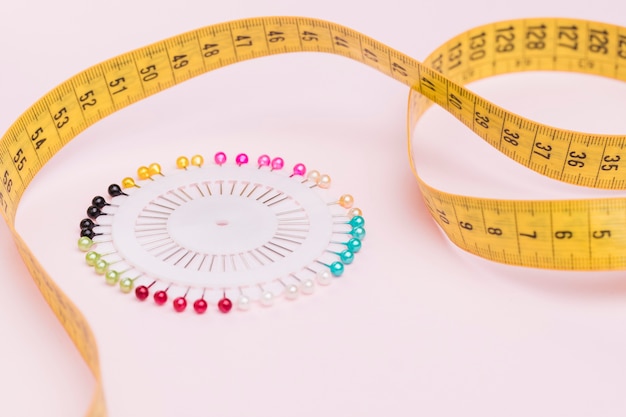
If you want to lose weight, you might think you just need to count calories and eat less, right? Not exactly, says Terry Fairclough, a leading personal trainer and co-founder of Your Body Programme.
I’ve heard so many different opinions as a personal trainer about the best diet for weight loss. People wonder if they should be counting calories, eating low fat, low carb, high protein, fasting, or sticking to three small meals a day. One thing’s clear, though: drastically cutting calories isn’t the answer.
We all know someone who slashes their calorie intake to get beach body ready. Sure, they lose weight, but is it the weight they want to lose? A large calorie deficit might result in weight loss but not necessarily fat loss, which is usually the goal.
Many people in the West generally eat more than they need, and a slight calorie reduction can help because they were probably overeating. However, many assume under-eating is the surefire way to lose weight, which isn’t true.
When we eat, our body converts carbohydrates into glucose, our main energy source. If we don’t use glucose right away, our muscles and liver store it as glycogen, which includes water. When calories are cut, what’s lost first is usually stored carbs and water – not fat.
In fact, if we stay in a calorie deficit for too long, our bodies might hold onto fat and break down protein instead. Protein helps burn fat as fuel for our muscles even at rest. Therefore, it’s important to consume enough calories with fats, carbs, and protein.
Contrary to popular belief, our bodies need fat for long-lasting energy. Fat offers more than twice the energy potential as carbs or protein and is stored in our muscle fibers for easy access during exercise.
Cutting calories too much and avoiding fats, carbs, or proteins can lead to nutrient deficiencies. This impacts various body systems, including the immune, liver, and digestive systems, slowing metabolism and causing health issues like fatigue, malnutrition, osteoporosis, anemia, hormonal imbalances, and fertility problems.
Extreme calorie cutting stresses the body, leading to increased cortisol levels, which can initially cause weight loss. Over time, chronic stress with high cortisol causes the body to preserve fat and break down essential protein. This results in a slower metabolism and potential weight gain, especially around the belly. Stress also hampers digestion, further affecting nutrient absorption and assimilation essential for health and performance.
Sleep can also suffer from blood sugar drops, releasing adrenaline and waking you up. Poor sleep impacts liver detoxification, immunity, exercise, work productivity, and can lead to weight gain.
Yes, bodybuilders sometimes cut calories to get lean, but they often increase calories afterward. Done incorrectly, this can lead to illness. Continuous calorie cutting can harm your metabolism so much that any slight increase in calories leads to fat storage, as the body enters “famine mode.”
The key is to eat the right amount of calories, carbs, fats, and proteins tailored to your body type, goals, activity level, height, weight, and age. The Your Body Programme helps people determine their calorie needs based on their body type.
Remember, a healthy diet doesn’t mean cutting calories drastically. Instead, focus on plenty of lean proteins (like lean beef, chicken, eggs, fish, pulses, legumes, tofu, and tempeh for vegans), healthy carbs (fruits, vegetables, sweet potatoes, quinoa, brown rice, and whole wheat pasta), and healthy fats (avocados, nuts, seeds, olives, and olive oil).
Your body will function best when it’s healthy, nourished, and fueled properly.




